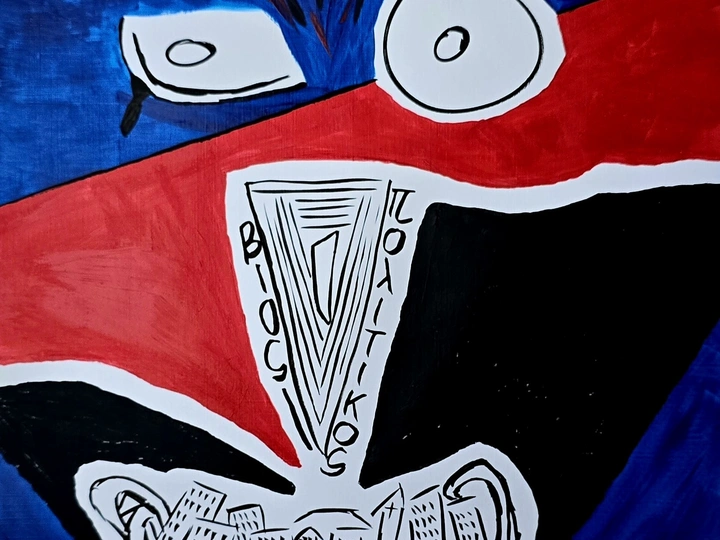The Future Improvment Zones (FIZ)

With a PhD in political science and geography, I have developed a unique vision of the city. Professionally, as a freelancer or collaborator with a government agency, I've had the opportunity to transform public space into a veritable laboratory of creativity and conviviality, where thinkers, architects, artists and citizens have converged, all committed to redefining the urban fabric. I have also orchestrated more intimate interventions in public space, inviting the public to appropriate the city and reinvent it through participatory workshops and artistic installations. These experiences have strengthened my belief in the power of the city as a place of encounter and exchange, where the boundaries between art, politics and everyday life blur to make way for collective creativity.
My passion has also led me to discover other parts of the world, nurturing my interests for cities and the communities that inhabit them. It was in this context that I made my documentary "To exist is to resist", a captivating dive into the social and urban struggles of Caracas. I'm also president of my neighborhood's residents' association, a role that's very important to me and reflects my involvement in the field.
While we must support decarbonisation and engineering efforts, the city's counter-project is above all embodied in a political radicalism capable of facing up to the emergency while restoring the bios politikos. In so doing, it opens the door to a spatialist production of the city, coupled with a new, distributive form of governance.
This can lead to the creation of Future Improvement Zones (FIZs), self-programming areas of public space that operate democratically through public meetings based on the landsgemeinde model. These FIZs are becoming incubators of implicative democracy, where priority is given to stakeholders to find and implement local solutions to global problems, and where institutions must be facilitators. If roads led to churches in the Middle Ages, in the city of the Anthropocene, the paths lead to the assembly, a sanctified public space that reorganises the district. The hierarchy of lanes is modified, and facilities are created to improve access to this space in a qualitative way. It's the heart of a neighbourhood, a place where people make the city and come together through space. The FIZ is managed by an assembly with decision-making powers. It must decide on how to achieve the district’s transition, based on legislation (climate plan), while following an intelligible and transparent process: presentation of the issues, debate, implementation, analysis and then adjustments. The assembly has an executive body responsible for facilitating the process and implementation involving local stakeholders. This is a radical political project for the city that uses space as a support for the implementation of new citizen and collective initiatives.
While in many neighborhoods, the space is subject to opposition, and opposition is subject to a lack of space for debate, FIZs can lead the actors in the search for shared solutions that can change the space. All that remains is to write this new page to transform the city.